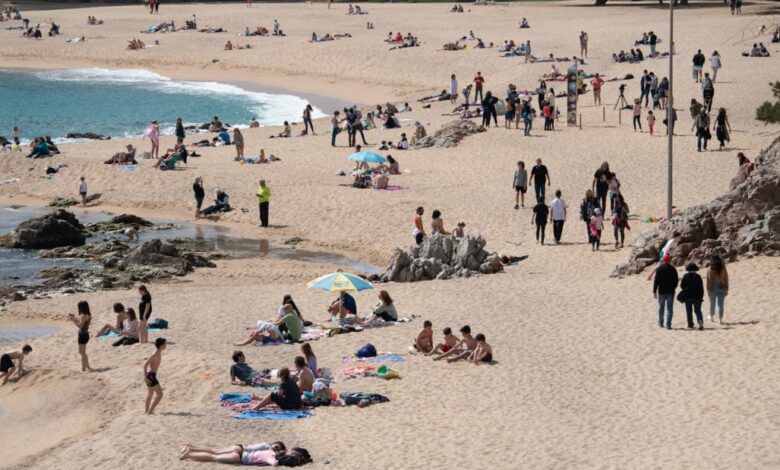
Almost a year after closing its borders, the European Union has agreed to allow entry to vaccinated travelers from countries with low infection rates, raising the possibility of summer getaways to the continent.
The highly anticipated move was confirmed on Wednesday as the EU published its recommendations for lifting travel restrictions into the bloc.
An approved list of “safe” destinations is due to be signed off this week, although there’s still no confirmation as to when these changes will be implemented.
It’s thought that individual member states will have the final decision on what measures to impose, which means some could still opt to keep quarantine measures in place, while others may ask for negative PCR tests and/or proof of vaccination.
Officials are said to be optimistic that the new rules will come into effect in June, providing a much-needed boost to the tourism industry as summertime begins. However, the plans allow for an “emergency brake” in case of infection rates rise again.
Emergency brake option
An EU official told CNN that the bloc will take reciprocity into account when drawing up its list, but recommendations suggest that countries with less than 75 cases per 100,000 people will be included.
A formal adoption of the recommendations — which are not legally binding for member states — is expected to happen on Thursday.
The proposals were first published by the European Union earlier this month after bloc member Greece announced that it would be welcoming fully vaccinated or Covid-tested international travelers.
“Member states could also extend this to those vaccinated with a vaccine having completed the WHO emergency use listing process,” an official statement added.
It indicated that, in order to be allowed entry, travelers would need to have been inoculated with EU-approved vaccinations at least two weeks before their trip.
Restrictions on entry to Greece were officially eased on May 14, allowing vaccinated travelers or those with a negative result from a Covid-19 PCR test taken more than 72 hours prior to arrival.
Iceland, a member state of the European Economic Area, opened its borders to vaccinated travelers back in April.
Croatia is also welcoming vaccinated travelers, as well as those who present a negative PCR test or proof that they’ve recovered from the Covid-19 test within the past 180 days, and no less than 11 days before they arrive.
Earlier this month, Cyprus reopened to vaccinated travelers from 65 countries, including the US and the UK, while Portugal began allowing entry to visitors from England, Scotland and Wales after being added on to the UK’s “green” list of countries where quarantine free travel is permitted.
Further details of the “Digital Green Certificate,” which will be required as proof of vaccination or immunity for travelers entering the European Union borders, have not been provided as yet.
The EU Commission previously stated that the certificate will confirm that a person has been vaccinated against Covid-19, has received a negative test result or has recovered from Covid-19.




